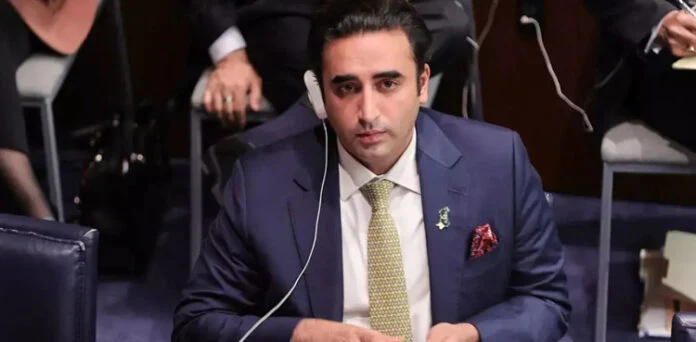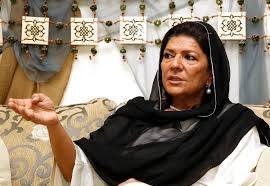
Lawmakers from the Serb-dominated entity in Bosnia and Herzegovina (BiH) have instructed Serb representatives in state institutions to block decisions and legal changes necessary for the country’s European Union membership. This move follows an emergency session triggered by the trial of Milorad Dodik, the region’s leader, who is being prosecuted in BiH’s state court for disregarding decisions made by international peace envoy Christian Schmidt, according to Schengen.News.
Under the Dayton Agreement, which ended the ethnic conflict of the 1990s, BiH was split into two autonomous regions: the Serb Republic and the Federation, predominantly composed of Croats and Bosniaks. These regions are linked by a fragile central government, which is overseen by an international high representative, a role Schmidt has held since 2021.
Serb Republic lawmakers have argued that Dodik’s trial is politically motivated, claiming it is based on actions taken by Schmidt, which they deem irregular. They also contend that the court and prosecution were unconstitutional, as they were established by the peace envoy rather than through the provisions of the Dayton Agreement.
The EU and the US have strongly condemned the Serb parliament’s actions, viewing them as a serious threat to BiH’s constitutional integrity. In a joint statement, the European Union Delegation in BiH, the EU Special Representative, and the embassies of the United Kingdom, United States, France, Germany, and Italy expressed their concern. They reiterated their support for BiH’s independence, sovereignty, territorial integrity, and multiethnic nature.
The statement also affirmed their backing for the High Representative, emphasizing that under the Dayton Peace Agreement (DPA) and its Annex X, the High Representative has the final authority to interpret the civilian aspects of the agreement. It further underscored that neither of BiH’s entities has the power to challenge the supremacy of the country’s state-level institutions or laws.
These recent developments, particularly the conclusions passed by the Serb Republic National Assembly (RSNA), are seen as a direct challenge to BiH’s constitutional order, threatening the authority of state institutions and obstructing the country’s EU accession process.
BiH officially applied for EU membership in February 2016, and its candidacy status was granted by the European Council on December 15, 2022.




















